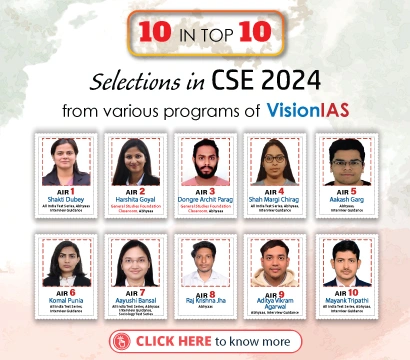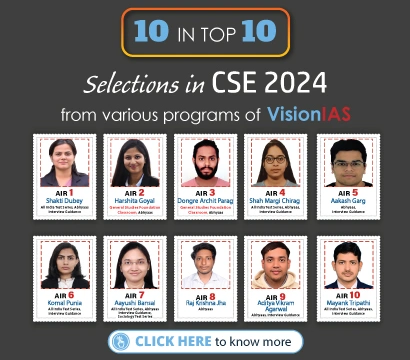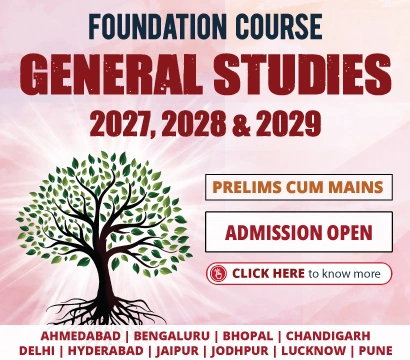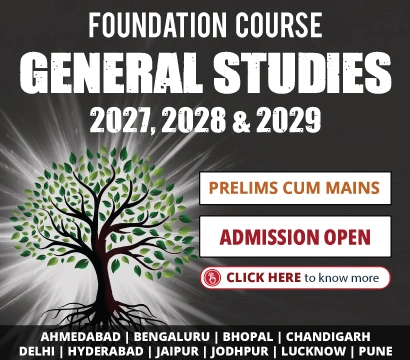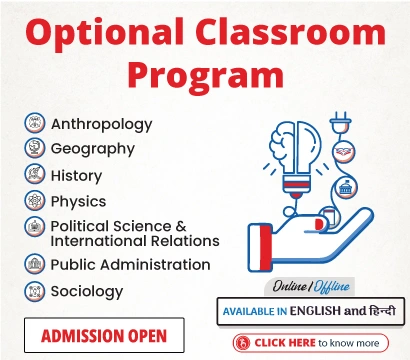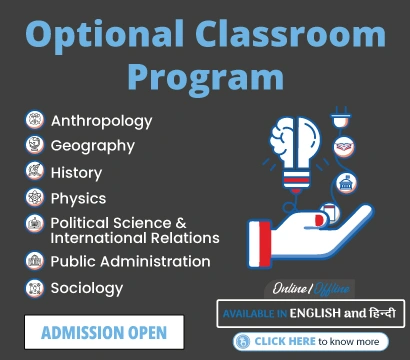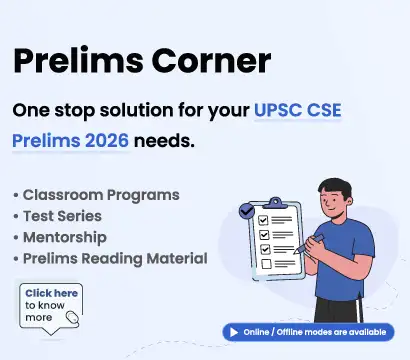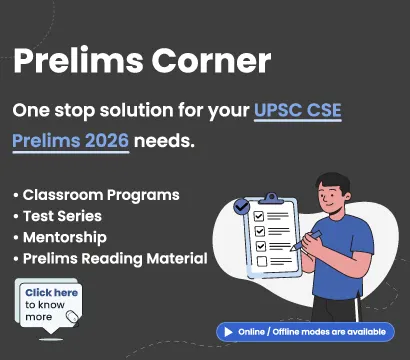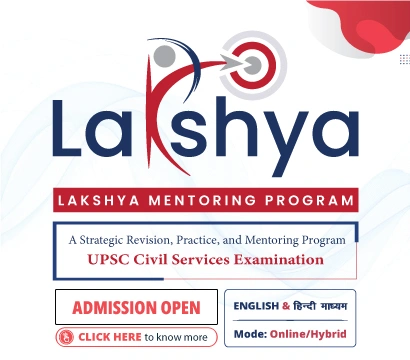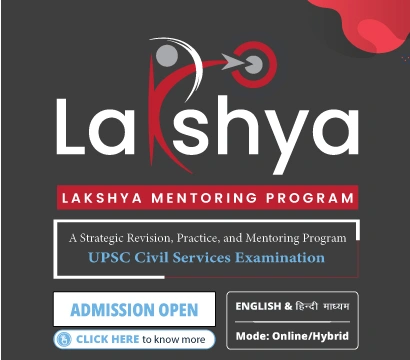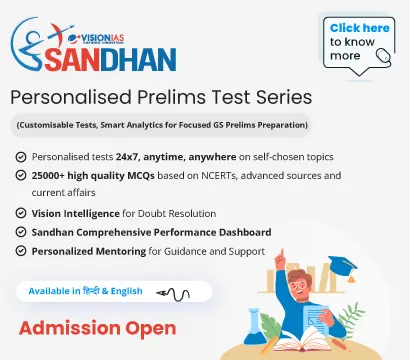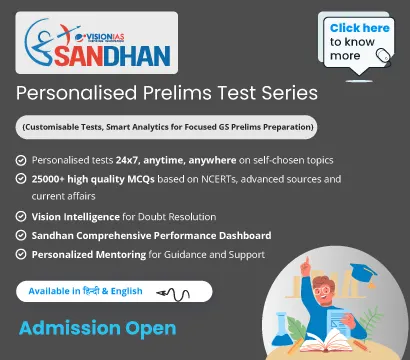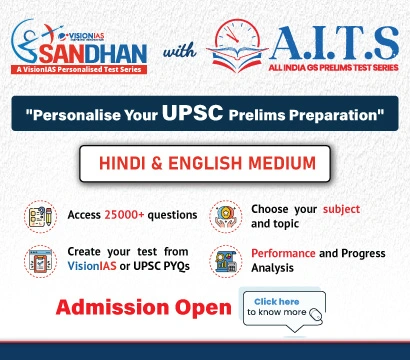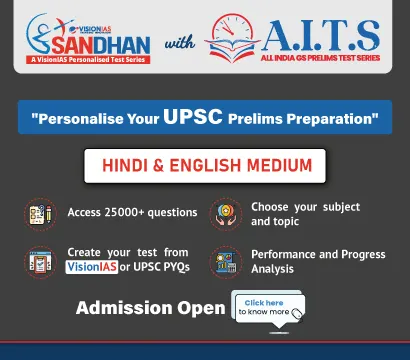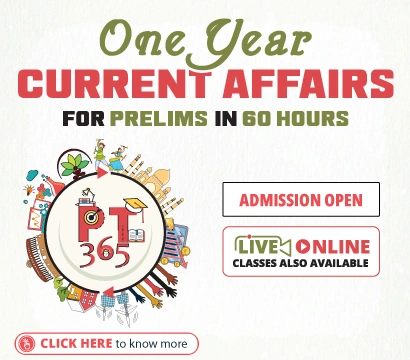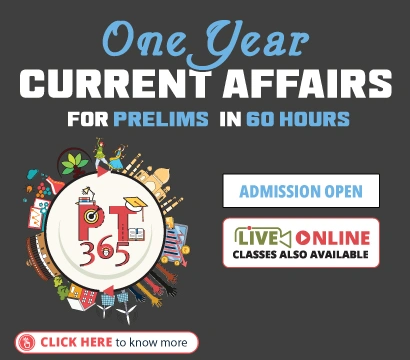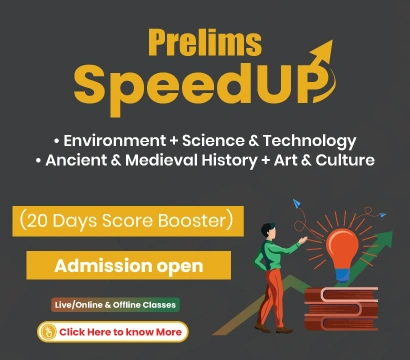Prelims
UPSC CSE PRELIMS 2025 DETAILED ANALYSIS : Polity & Governance Part -2
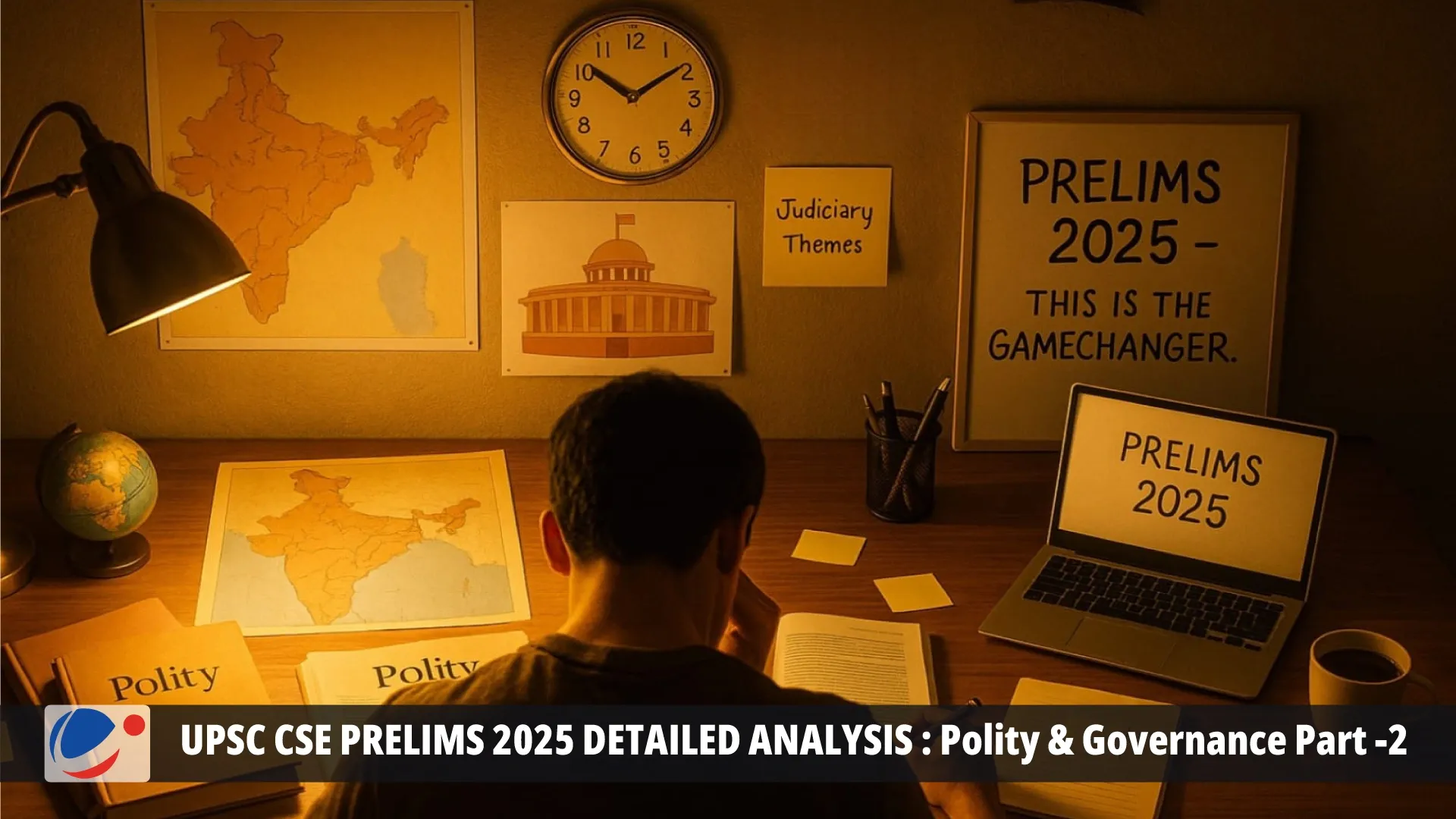
The UPSC Prelims 2025 question paper continued its legacy of being unpredictable, analytical, and concept-driven. With 100 questions in General Studies Paper I, the trend clearly reflected a balanced distribution across subjects like Polity, Economy, Environment, Science & Tech, History, and Geography. Among them, Polity & Governance stood out with a total of 11 questions, constituting a significant portion and demanding focused preparation.
Overall Nature of UPSC Prelims 2025
This year, the paper appeared moderately tougher compared to the previous year. Questions across all subjects ranged from easy to medium and difficult levels, indicating a layered testing approach. The hallmark of this year’s paper was its emphasis on core fundamentals, often intertwined with current affairs, reinforcing the need for integrated preparation.
Given below is the breakdown of the 100 questions asked in CSE Prelims 2025.
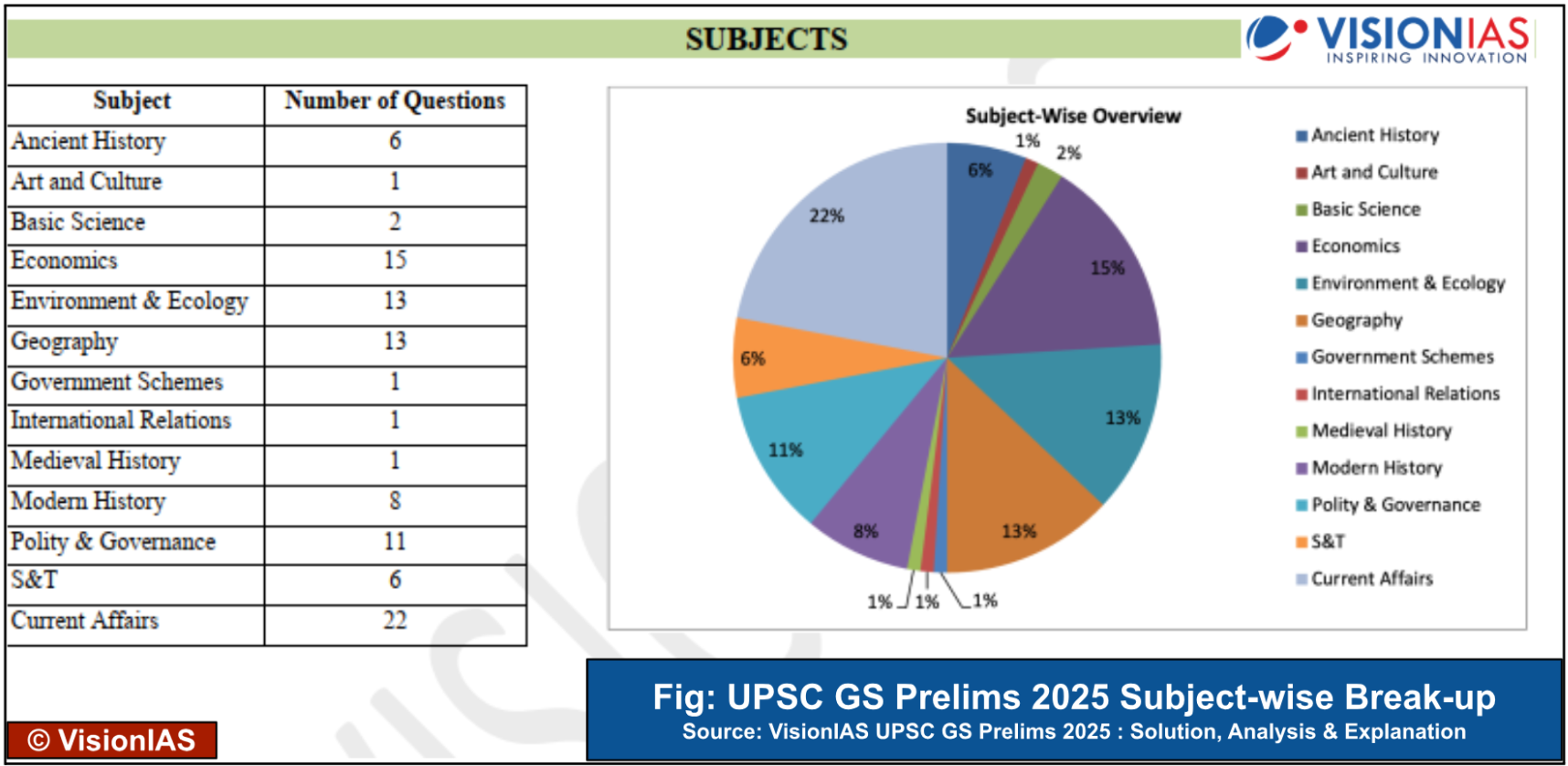
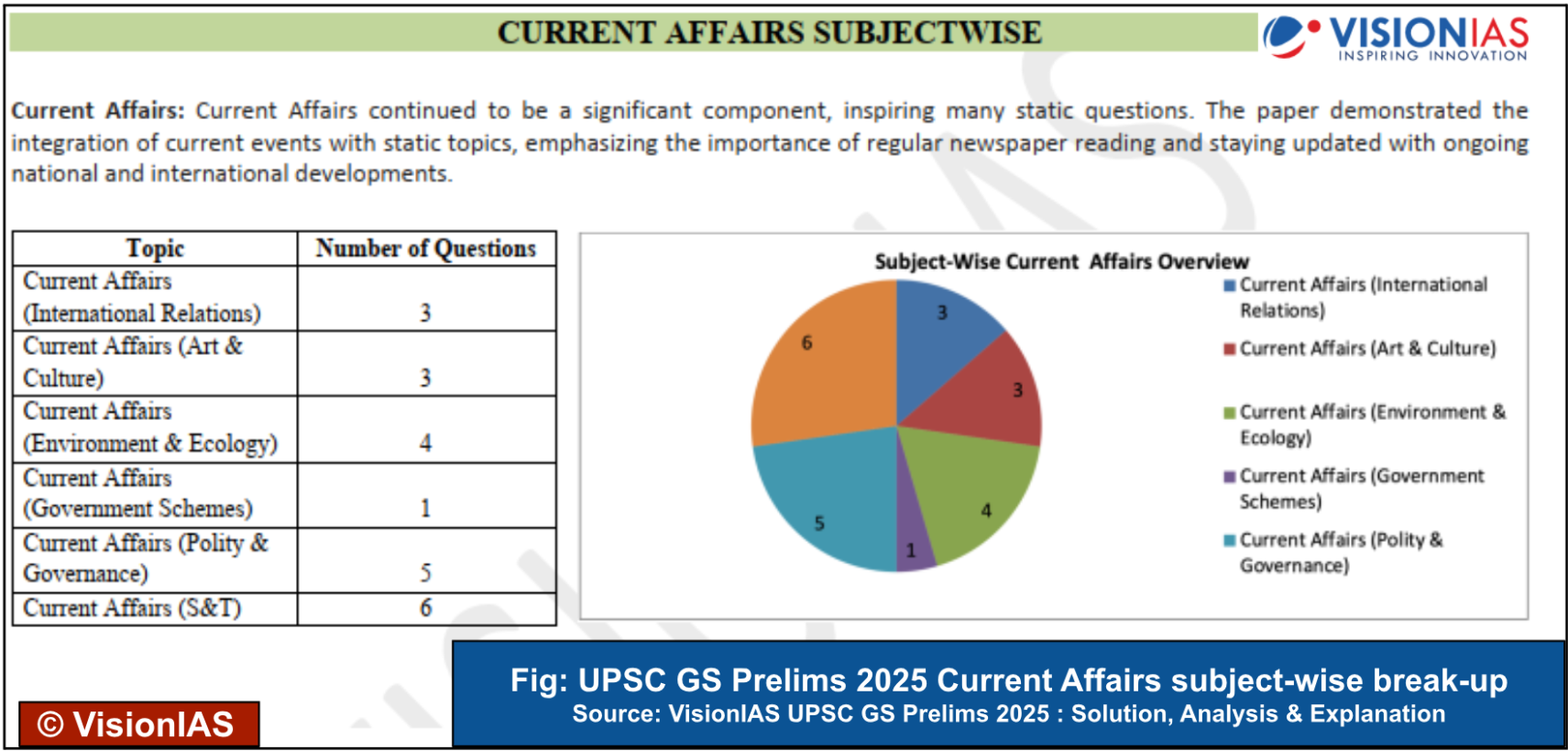
Polity Section: Key Observations
The Polity section tested in-depth understanding of constitutional provisions and legal mechanisms. Unlike 2024, there was a noticeable absence of political philosophy or Preamble-based questions. Instead, the focus shifted to conceptual and factual clarity on core governance mechanisms.
Notable Themes Covered:
- Anti-defection Law: Tested nuances under the Tenth Schedule, emphasizing judicial interpretation.
- Pardoning Powers of the President: Demanded clarity on Articles 72 and 161.
- Ordinance-making Power: Required a fine grasp of Article 123 and checks on executive overreach.
These questions required more than just surface-level knowledge. Candidates were expected to comprehend interlinkages, constitutional safeguards, and recent case laws or debates in the public domain.
Governance Section: Key Observations
The Governance part focused on institutions and ministries playing pivotal roles in the economic and regulatory framework of India. The trend indicates a shift from general governance theories to specific institutional mandates and administrative mechanisms.
Notable Themes Covered:
- Enforcement Directorate (ED) and Directorate of Revenue Intelligence (DRI): Candidates had to understand their legal basis and operational scope
- National Automotive Board: Tested awareness of sector-specific policy implementation bodies.
Such questions signify UPSC’s intent to assess whether aspirants can connect theory with contemporary governance structures.
The Detailed Analysis of UPSC Prelims 2025 Polity & Governance Section are as follows:
UPSC Prelims Polity & Governance Q.Consider the following pairs :
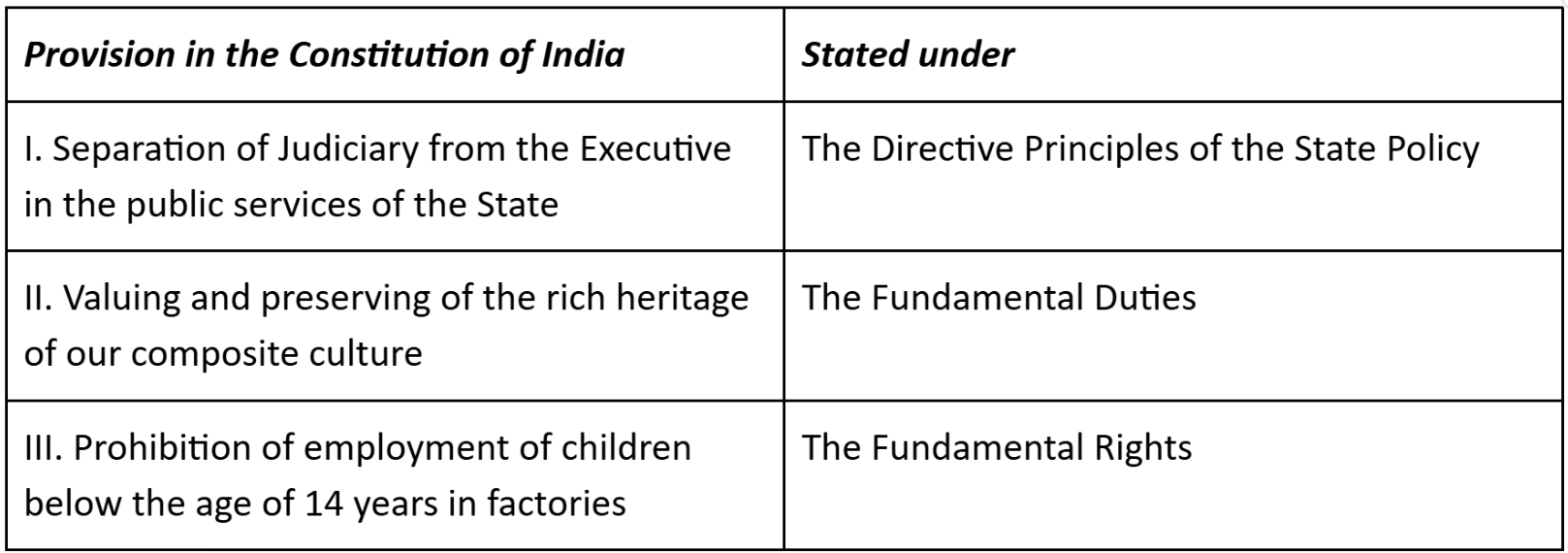
How many of the above pairs are correctly matched?
(a) Only one
(b) Only two
(c) All the three
(d) None
Answer: C
Explanation
I. Separation of Judiciary from the Executive in the Public Services of the State — Directive Principles of State Policy
- Article 50 of the Indian Constitution, which forms part of Part IV titled Directive Principles of State Policy, clearly states that “The State shall take steps to separate the judiciary from the executive in the public services of the State.” This directive serves as a foundational guideline for ensuring judicial independence in the governance structure. Hence pair I is correctly matched.
II. Valuing and Preserving the Rich Heritage of Our Composite Culture — Fundamental Duties
- Article 51A, located in Part IVA of the Constitution, outlines the Fundamental Duties of citizens. Specifically, Clause (f) of this Article emphasizes that it is the duty of every citizen “to value and preserve the rich heritage of our composite culture.Hence pair II is correctly matched.
III. Prohibition of Employment of Children Below the Age of 14 Years in Factories — Fundamental Rights
- Article 24, which is part of Part III of the Constitution under Fundamental Rights, prohibits the employment of children under the age of fourteen in factories, mines, or any other hazardous occupations. It affirms the State’s commitment to protecting children from exploitation. Hence pair III is correctly matched.
MOTIVATION, SOURCES AND COVERAGE OF PRELIMS QUESTION IN THE VISIONIAS SOURCES
Motivation: To test clarity on categorization of constitutional provisions into Fundamental Rights, Directive Principles, and Duties amid debates on enforceability and constitutional morality.
Sources:
– https://www.india.gov.in/my-government/constitution-india/constitution-india-full-text ((Refer to Article 50 for DPSP, Article 51A(f) for Fundamental Duties, and Article 24 for Fundamental Rights).
Coverage of Topic in the VisionIAS All India Test Series/ Sandhan/Open Test
VisionIAS All India Prelims Test Series (2025): Test 4709
Q. Which of the following articles of the Directive Principles of the State Policy deals with the separation of the judiciary from the executive?
(a) Article 43A
(b) Article 42
(c) Article 51
(d) Article 50
(4701)
Q. How many of the following are envisaged as the Right against Exploitation in the Constitution of India?
1. Protection against arrest and detention
2. Prohibition of employment of children in factories.
3. Prohibition of traffic in human beings and forced labour
Select the correct answer using the code given below.
Sandhan VisionIAS Prelims Test Series Initiative
Q.With reference to the Indian Constitution, which of the following find mention among the Fundamental Duties under Part IVA?
1. To safeguard public property
2. To preserve the rich heritage of our composite culture
3. To promote international peace and security
Select the correct answer using the code given below
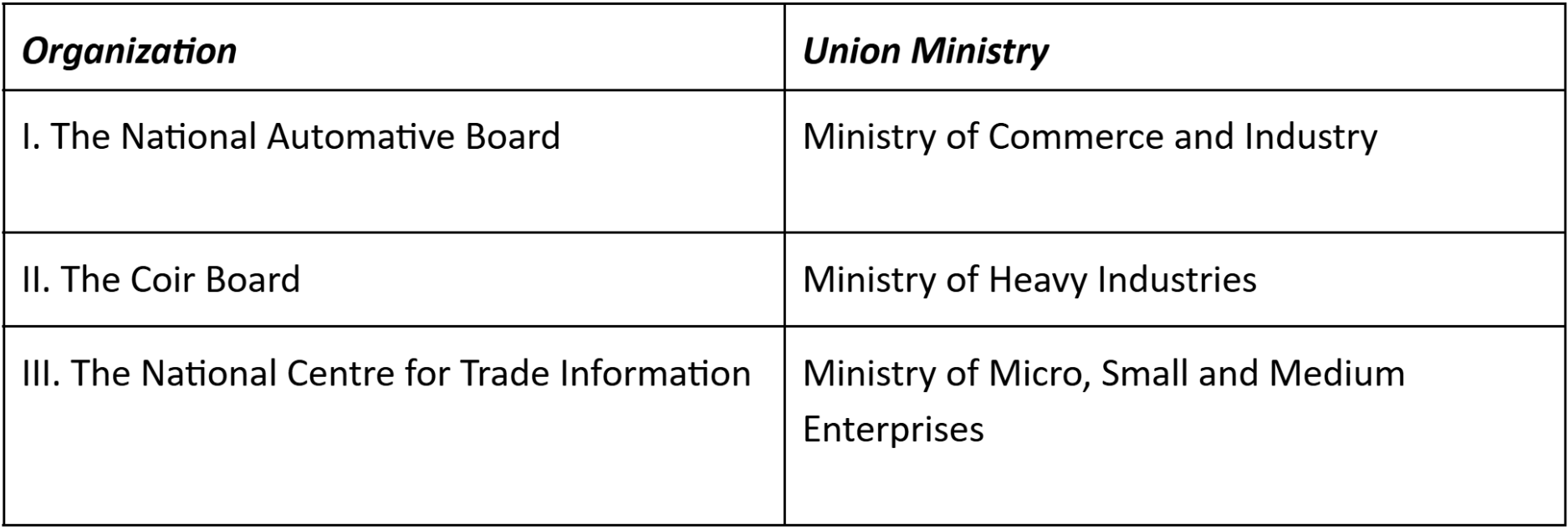
UPSC Prelims Polity & Governance Q. With reference to India, consider the following pairs :
How many of the above pairs are correctly matched:
(a) Only one
(b) Only two
(c) All the three
(d) None
Answer: D
Explanation
- The National Automotive Board (NAB) is set up to promote and develop the automotive sector in India. It falls under the Ministry of Heavy Industries and Public Enterprises, not the Ministry of Commerce and Industry. Hence, Pair I is not correctly matched.
- The Coir Board is a statutory body established for the promotion and development of coir and coir products in India. It works under the Ministry of Micro, Small and Medium Enterprises (MSME), not the Ministry of Heavy Industries. Hence, Pair II is not correctly matched.
- The National Centre for Trade Information (NCTI) is an autonomous institution that provides trade information and market intelligence. It functions under the Ministry of Commerce and Industry, not the Ministry of MSME. Hence, Pair III is not correctly matched.
MOTIVATION AND SOURCES OF PRELIMS QUESTION
Motivation: To test candidates’ awareness of institutional structures and correct ministerial mapping amid rising focus on governance, MSMEs, and industrial policy reforms.
Sources:
UPSC Prelims Polity & Governance Q. Consider the following subjects under the Constitution of India:
I. List I-Union List, in the Seventh Schedule
II. Extent of the executive power of a State
III. Conditions of the Governor’s office
For a constitutional amendment with respect to which of the above, ratification by the Legislatures of not less than one-half of the States is required before presenting the bill to the President of India for assent?
(a) I and II only
(b) II and III only
(c) I and III only
(d) I, II and III
Answer: A
Explanation
I. Union List – List I of the Seventh Schedule
- This subject clearly falls within the scope of the proviso to Article 368(2) of the Constitution. The proviso explicitly mandates that any constitutional amendment affecting the “Lists in the Seventh Schedule” must be ratified by at least half of the State legislatures. Since the Union List (List I) is one of these, any amendment to it would alter the distribution of legislative powers between the Union and the States—an essential feature of Indian federalism—and thus requires such ratification. Hence option I is correct.
II. Extent of the Executive Power of a State
- Amendments related to this matter also require ratification by the States. The proviso to Article 368(2) specifically includes changes to Articles 73 and 162, which define the extent of the executive power of the Union and the States, respectively. Alterations to these articles would directly impact the functional division between the Centre and the States, making State ratification a constitutional necessity. Hence option II is correct.
III. Conditions of the Governor’s Office
- This subject does not require State ratification. The conditions of the Governor’s office are primarily governed by Article 158 and the Second Schedule of the Constitution. These provisions are not mentioned in the proviso to Article 368(2), and amendments to them are not considered to affect the federal structure in a way that would necessitate ratification by the States. Therefore, such changes can be enacted by Parliament through a special majority alone. Hence option III is not correct.
MOTIVATION, SOURCES AND COVERAGE OF PRELIMS QUESTION IN THE VISIONIAS SOURCES
Motivation: To assess understanding of federal structure and Article 368’s provisions amid ongoing debates on Centre-State relations and roles of Governors.
Sources:
– https://www.india.gov.in/my-government/constitution-india/constitution-india-full-text (Search for Article 368 and refer to the proviso in clause 2).
– Constitution of India (Article 162 & Seventh Schedule)
Coverage of Topic in the VisionIAS All India Test Series/ Sandhan/Open Test
VisionIAS All India Prelims Test Series (2025): Test 4709
Q. Amendment to which of the following provisions of the Constitution of India require consent of half of the state legislatures by simple majority?
1. Election of the President and its manner
2. Any of the lists in the Seventh Schedule
3. Power of Parliament to amend the Constitution
4. Directive Principles of State Policy
Select the correct answer using the code given below.
UPSC Prelims Polity & Governance Q. With reference to the Indian polity, consider the following statements:
I. The Governor of a State is not answerable to any court for the exercise and performance of the powers and duties of his/her office.
II. No criminal proceedings shall be instituted or continued against the Governor during his/her term of office.
III. Members of a State Legislature are not liable to any proceedings in any court in respect of anything said within the House.
Which of the statements given above are correct?
(a) I and II only
(b) II and III only
(c) I and III only
(d) I, II and III
Answer: D
Explanation
I. The Governor of a State is not answerable to any court for the exercise and performance of the powers and duties of their office.
- Under Article 361(1) of the Constitution, the Governor enjoys personal immunity from judicial scrutiny for official acts. This ensures the Governor can discharge constitutional duties without fear of personal litigation. However, actions of the government remain open to judicial review. Hence statement I is correct.
II. No criminal proceedings shall be instituted or continued against the Governor during their term of office.
- Article 361(2) provides absolute immunity to the Governor from criminal proceedings while in office. This safeguard preserves the dignity and uninterrupted functioning of the constitutional post. Hence statement II is correct.
III. Members of a State Legislature are not liable to any proceedings in any court in respect of anything said within the House.
- Article 194(2) grants members of State Legislatures complete freedom of speech within the House and its committees. This protection ensures legislators can speak and vote without fear of legal consequences, fostering uninhibited legislative debate.Hence statement III is correct.
MOTIVATION, SOURCES AND COVERAGE OF PRELIMS QUESTION IN THE VISIONIAS SOURCES
Motivation: In July 2024, the Supreme Court agreed to examine the scope of Article 361 of the Constitution, which grants Governors immunity from criminal prosecution. Also Article 194 was in news-A seven-Judge Bench of the Supreme Court unanimously held that a lawmaker does not enjoy immunity under Articles 105(2) and 194(2) of the Constitution against bribery.
Sources:
– https://www.india.gov.in/my-government/constitution-india/constitution-india-full-text Search for Article 194, 361)
– https://prsindia.org/theprsblog/parliamentary-privileges-what-you-need-know
Coverage of Topic in the VisionIAS All India Test Series/ Sandhan/Open Test
VisionIAS All India Prelims Test Series (2025): Test 4715
Q. Which of the following immunities are available to the President and the Governors under Article 361 of the Indian Constitution?
1. They will not be answerable to any court for the exercise and performance of the powers and duties of his office.
2. No criminal proceedings can be instituted or continued against them.
3. There will be no civil proceedings which can be carried against them for their acts.
Select the correct answer using the code given below.
Sandhan VisionIAS Prelims Test Series Initiative
Q. Which of the following statements are correct regarding exceptions to Article 14?
1. Laws made by the State for implementing the Directive Principles contained in Articles 39 (b) and (c).
2. The Members of the Parliament and the State Legislatures respectively are not held liable for anything which they say within the House.
3. The President and the Governors are not liable to any court for any act which is done by them in exercising their power and duties of the office.
Select the correct answer using the code given below.
The remaining Polity & Governance questions from UPSC Prelims 2025 are discussed in – Part 3 of the series.
VisionIAS Faculty Discussion: Polity & Governance Section Analysis of UPSC Prelims 2025
To help aspirants decode the evolving pattern and approach of UPSC Prelims 2025, our expert faculty at VisionIAS has conducted a detailed analysis session, focusing on the trends, difficulty level, question framing, and effective strategies for future preparation. This video not only breaks down the Polity & Governance questions but also offers valuable insights on elimination techniques, source mapping, and topic prioritization for UPSC Prelims 2026.
To watch the CSE Prelims 2025 Analysis Video, click on the following link:
https://www.youtube.com/watch?v=NHaMxc-Mb0U
Prepare Smarter with VisionIAS: 10-Year PYQ Polity & Governance Compilation
To help aspirants systematically decode trends, VisionIAS has released a comprehensive compilation of last 10 years’ Polity & Governance PYQs (2015–2024). This document offers:
- Topic-wise categorization
- Difficulty level analysis
- Source identification
- Elimination strategies
- Micro-level sub-topic mapping
- Current affairs integration guide
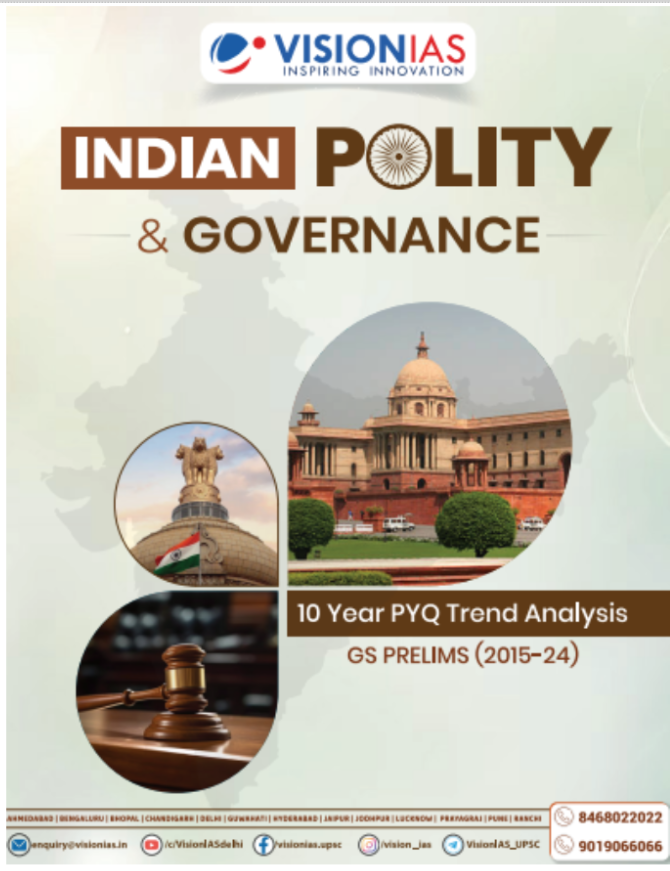
Link to read and download the document: https://www.visionias.in/resources/material/?id=1367&type=research_document
Further, our faculty at VisionIAS has conducted an insightful discussion on the Polity & Governance PYQ Trend Analysis Document. This session covers key patterns, conceptual depth of questions, and strategies to tackle future Prelims papers more effectively. The discussion also highlights how our 10-year PYQ document can be used as a powerful tool for focused preparation.
To watch the discussion by our faculty, click on the link below: https://www.youtube.com/watch?v=V6-hJNZyR18




























